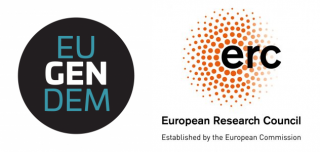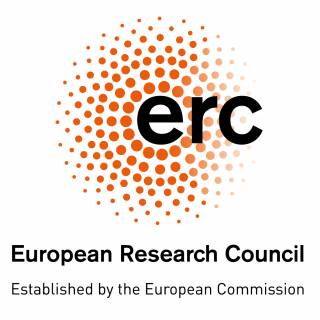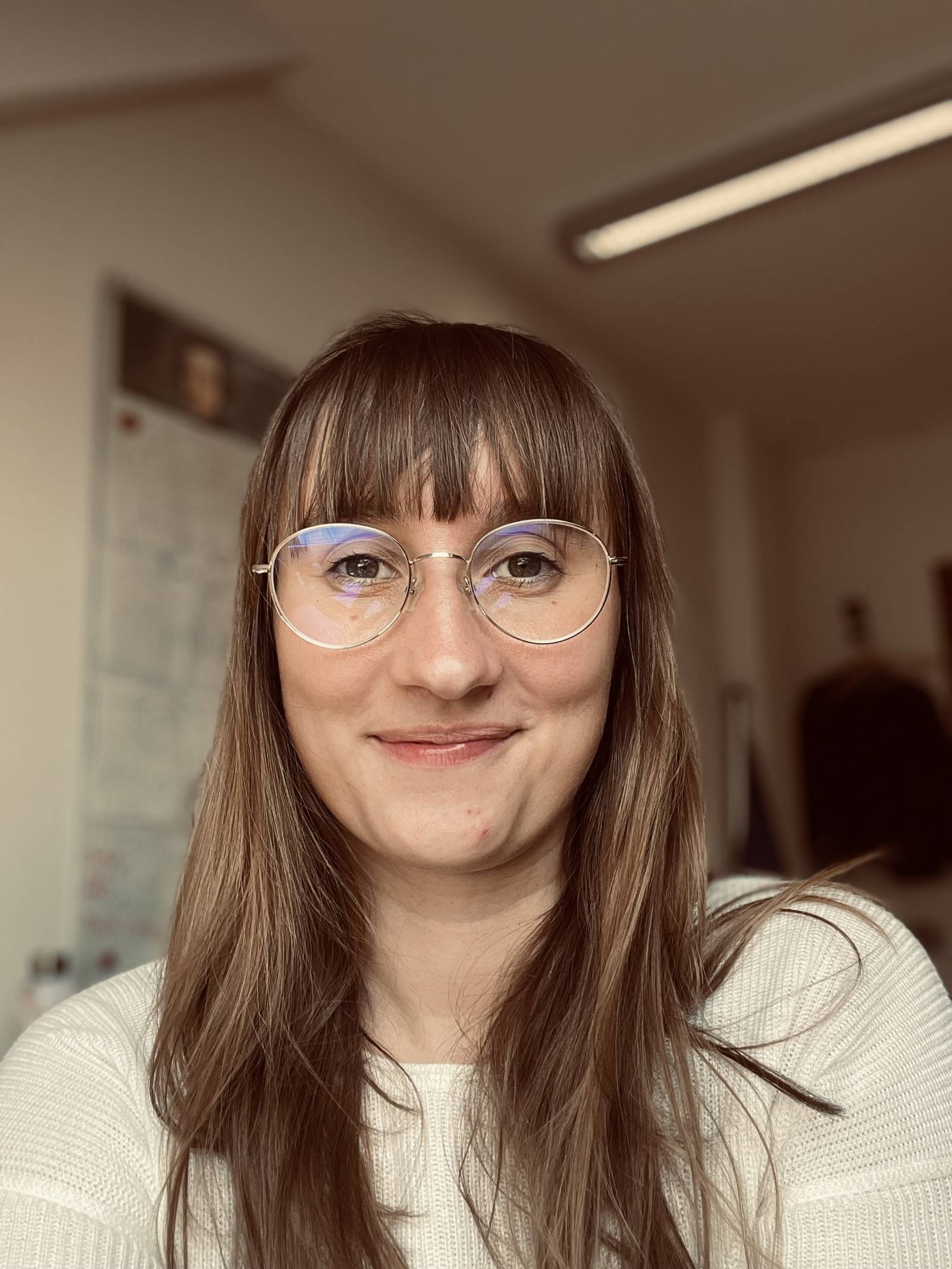What were your research plans for your research visit here in Tampere? Which research topics did you present on?
Coming from legislative studies, I decided to do my research visit in Tampere in the EUGenDem project to become more familiar with Gender Studies in general and especially with the research of gender and politics in the context of the European Parliament. As I am analysing the careers of female MEPs over time, focusing on the top positions in the European Parliament, the EUGenDem project fits perfectly with my research interests. Before coming to Finland, I created a dataset covering all MEPs from 1979 until 2019 in top positions in the European Parliament. In Tampere, I had the chance to present not only my analytical framework, but also the first results of my data analysis. I got a lot of helpful comments and support during my time here and the research stay has moved my PhD much more forward!
We also asked Sophie about her thoughts about the EUGenDem project and our study of European Parliament’s political groups and how it relates to her own research.
Studying the literature on the top positions in the European Parliament and gender, I found a big gap in the literature when it comes to gender and political careers in the EP. The EUGenDem project closes a part of this gap. For me, the project is amazing and it reveals so many insights to gender equality in the Parliament and the challenges for women until today. While my PhD is mainly based on quantitative data, it helped me a lot to have the insights of the qualitative data that the EUGenDem project has conducted.
Also, the expertise of the EUGenDem project was very helpful for my PhD project in general. Thanks to EUGenDem, I also had access to the statutes of the political groups in the Parliament and I could dig deeper in the analysis of the formal rules in regard to the allocation of top positions which are an important justification for the topic of my PhD: that we know little about the allocation of top positions because the formal rules (Rules of Procedure of the European Parliament and statutes of the political groups) do not really regulate it.
Finally, we asked Sophie feelings about visiting us in Tampere. How has it been to visit Tampere Gender Studies and EUGenDem?
It was a wonderful experience and I can really recommend it! Everyone in the university and in the EUGenDem team has been really kind and I felt very welcome! The high number of personal exchanges I had in Tampere with researchers from gender as well as European Studies gave me a unique chance to discuss my PhD from this research angle and to connect with Finnish colleagues who work in the same area as I do.
More information about Sophie’s research can be found here.



